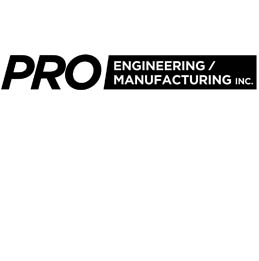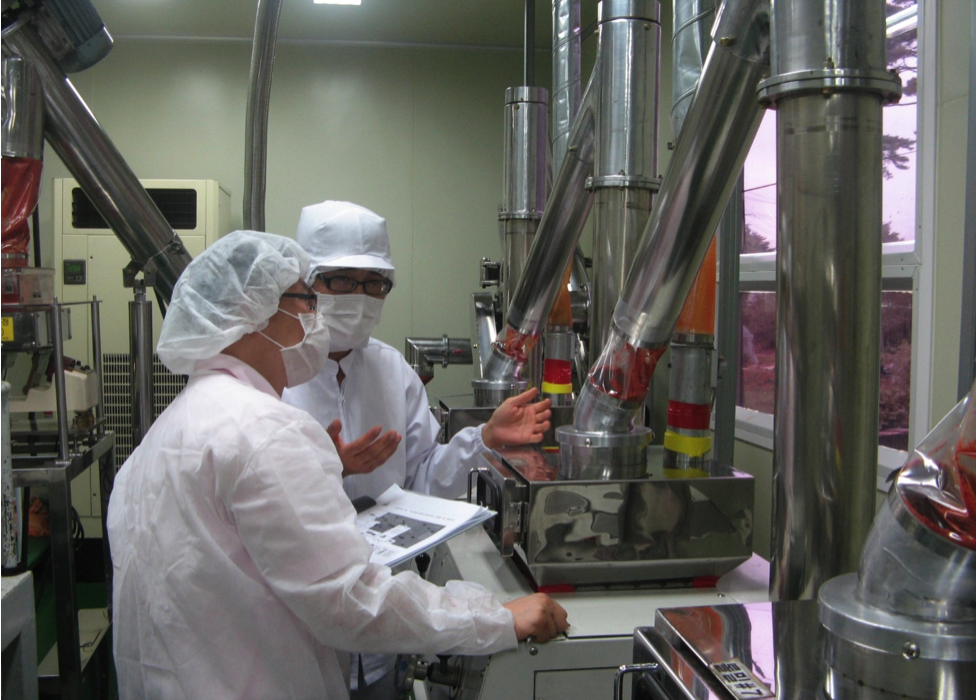What Is the Difference Between Tunnel Pasteurization and Batch Pasteurization for Non-Dairy Beverages?
We’re all familiar with the pasteurization of dairy products. In fact, the FDA made it mandatory to pasteurize milk way back in 1973. But if you’re a brewmaster in a craft brewery, you may wonder what it’s got to do with you.
The big breweries have been pasteurizing their beer for decades and that might be why many smaller breweries are reluctant. But if you skip the pasteurization process, you’re left with a beer that needs to be refrigerated to stave off funky flavors.
As your business grows, pasteurization is the best way of bringing a stable, consistent product to market. One that vendors can keep in a storeroom for a while without harming its flavor and your reputation.
There are two main options open to you – whether you’re pasteurizing beer or any other non-dairy beverage. They are tunnel and batch pasteurization. Let’s compare the two to see which is the best fit for your operation.
How Are Non-Dairy Beverages Pasteurized?
The process of pasteurization involves heating the beverage. The temperature range is at least 140°F and not more than 160°F. They are held at this temperature for a set period of time.
Cans and bottles can either be sprayed with or immersed in hot water to accomplish this. This achieves two things.
In beverages like pasteurized juice, there are no bacteria present any longer. The pasteurization process effectively kills it all off, making it shelf-stable for a long time. This also happens with beer, kombucha, and any other non-dairy beverage.
The second benefit is that it halts the fermentation process. This is important for beer and kombucha, which need to meet strict government controls on alcohol levels. If they are allowed to continue fermenting in the bottle or can, they may exceed the level stated on the label.
The pasteurization process stops fermentation. This allows breweries and kombucha manufacturers to bring to market a consistent and legal product.
Understanding Pasteurization Units
When researching pasteurization equipment, you will see references to pasteurization units. For example, a compact batch pasteurizer may pasteurize a batch to 12 pasteurization units.
One pasteurization unit (PU) refers to holding the beverage for one minute at 140°F. The number of units required will depend on the product. A 15PU treatment is usually recommended for beer.
It’s important to know the number of PU your product requires before researching equipment. This will allow you to calculate how quickly you can safely process batches of product.
Tunnel Pasteurization vs. Batch Pasteurization
Both tunnel pasteurization and batch pasteurization work using spray nozzles. This produces a more consistent result in terms of time and temperature than using a water bath. The difference is the amount of product that they can process at a given time.
Batch Pasteurization Process: The Pros and Cons for Non-Dairy Beverages
If you’re a small business, looking for an entry-level pasteurizer, a compact batch pasteurizer may be the right choice. At table height, you load the pasteurizer with two crates of already bottled or canned beverages.
Close the door to seal the unit and activate the pasteurization cycle. In an 8-hour shift, it can pasteurize 2,400 bottles or 3,000 12oz cans to 12 PU. You can follow its progress on a screen.
Entry-level models work at a single temperature. Some of the advantages of a compact batch pasteurizer include:
- Low water usage – the water is recycled
- Compact size – 2’x6’x6′
- Can be pallet jacked
- Corrosion-resistant stainless steel
- Anti-clog spray nozzles
If your company manufactures several types of beverages or requires a range of temperatures, a triple-temp model is a great choice.
They have all the advantages of single-temperature batch pasteurizers. However, they allow you greater flexibility and a level of future-proofing.
The main con of batch pasteurization? You are limited to 2,400 bottles or 3,000 cans per 8-hour shift. If demand grows, you’ll need to add another batch pasteurizer. Alternatively, upgrade to a tunnel pasteurizer.
On the plus side, they take up very little space and are ideal for smaller businesses that don’t expect to expand in the near future.
Tunnel Pasteurization Process: The Pros and Cons for Non-Dairy Beverages
Tunnel pasteurization works on a conveyor system.
Again, already filled bottles and cans enter the system and emerge pasteurized. You don’t have to load them directly into the pasteurizer. Instead, you load them onto the first part of the conveyor and they automatically move to the next stage in the process.
As they progress through the tunnel, they are rapidly heated using a hot water spray. They are then held at the desired temperature until they have reached the correct level of pasteurization units.
Not all tunnel pasteurizers are created equal. If the temperatures are not consistent, the results will be unpredictable. Look for the following features:
- Clog resistant spray nozzles
- Square pattern nozzles for more consistent spray patterns
- Design that allows easy cleaning and maintenance
The major pro of tunnel pasteurizers is that they can process much larger volumes of the product more quickly. They can be extended as production demands increase. Double-deck and slimline models are also available when space is at a premium.
The Best Pasteurization Process for Your Business
Putting your beer, kombucha, or other non-dairy product through a pasteurization process is vital to growing your business. Whether you choose tunnel or batch pasteurization depends on the size of your operation. If you’re looking to compete with the big guys, then tunnel pasteurization can help you process the product much faster.
At Pro Engineering/Manufacturing Inc. we don’t just supply pasteurization solutions, we manufacture and repair them as well. From entry-level batch pasteurizers to large-scale tunnel options, we’ve got the solution for every business.
Call us today at 414-362-1500 or post your query online today.
For more information on tunnel and batch pasteurization contact PRO Engineering/Manufacturing, Inc. at [email protected] or call (414) 362-1500 and ask for Ed Michalski, CEO.
Edward A. Michalski Bio
Ed Michalski started his career in the beverage industry by designing stainless steel, higher flow, spray headers for Pabst Brewing. Along with the header design, he also developed a process to produce the new headers. Ed, along with his brother David, formed PRO Engineering/Manufacturing, Inc.
Based on what they learned by re-designing and refurbishing other manufacturers’ pasteurizers, Ed and PRO started to offer the pasteurizer marketplace superior new pasteurizers.
PRO Engineering/Manufacturing has been designing and manufacturing tunnel pasteurizers and batch pasteurizers for over four decades.

ABOUT US:
PRO Engineering and Manufacturing was established in 1977 by Ed and Dave Michalski as a steel fabrication shop. For more than 40 years, PRO Engineering and Manufacturing, Inc. has been delivering solutions for beverage product shelf stability and consumption safety. As leading innovators in post-fill pasteurization, our skilled team offers the best in high-quality pasteurization equipment.
CONTACT US:
Phone: 414-362-1500 | Email: [email protected]
Location | YT Channel | Twitter | Facebook | LinkedIn
Previous Post:
https://lnkd.in/gGYTf_Y
#beerindustry #hardseltzernews #hardseltzer #beverageindustry #beernews #alcoholindustry #brewery #craftbrewery #craftbeers #tunnelpasteurization #batchpasteurization #cider #beveragetrends #batchprocessing
https://www.google.com/maps/d/embed?mid=176_rMqqQ6L-S_JOuKuRO85cBekIIN__p

